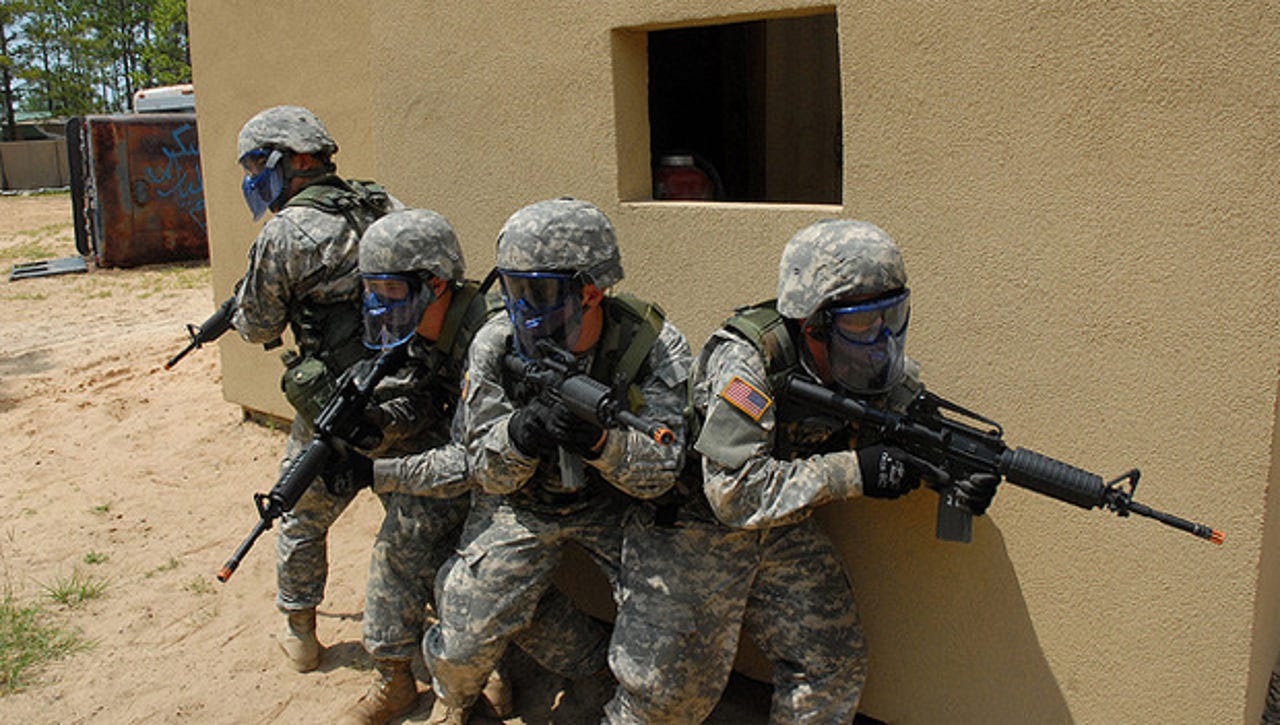Taliban pose as pretty women on Facebook, dupe soldiers


It takes little more than a moment to find an image of an attractive woman on Facebook, or even lift an entire profile if the privacy settings are open -- but why would tech-savvy Taliban do this?
To lure Australian troops into giving up military secrets.
According to a recent Australian review of the military and its use of social media, not only are soldiers being seduced into giving away information on missions, but the friends and family of soldiers may also be jeopardizing missions by being too free with sharing what they know.
The defense report surveyed 1577 military personnel, and found that 58 percent have been given no social media training. When coupled with the popularity of social networking sites such as Twitter or Facebook as a communication platform, this could lead to a number of problems for security.
Citing defense sources, news.com.au says that the review found an "overt reliance" on privacy settings which too-often lulled soldiers into a "false sense of security". Instead, the real risks may be due to sharing military mission data with family or friends, and accepting a stranger on Facebook -- albeit with a "pretty" face.
The Taliban have been marked as an organisation which creates fake profiles and befriends soldiers, as do "media personnel", according to the report.
The federal government review of social media and defence, which was finalised in March, warns that personnel need to be aware of "geo-tagging" -- the website practice of logging locations where posts are submitted or images are uploaded.
The review said:
"Many individuals who use social media are extremely trusting. Most did not recognise that people using fake profiles, perhaps masquerading as school friends, could capture information and movements. Few consider the possibilities of data mining and how patterns of behaviour can be identified over time."
Wired notes that the risk of social media to the military has already reared its head -- when soldiers in Iraq uploaded photos of Apache gunship helicopters to social networks in 2007. The images included embedded GPS data, and so it was child's play for the enemy to find the location -- and the result was a mortar attack which destroyed six of the models.
The review recommended that this lack of technological education be rectified for personnel, but also that family and friends should be warned of the dangers of sharing names, ranks and locations on social networking sites. However, some troops argued for an outright ban, as soldiers can be careless about posting images which include their unit and where they are serving.
The Department of Defense said it was working on new guidelines that are due to be released by the end of the year.
Image credit: The U.S. Army